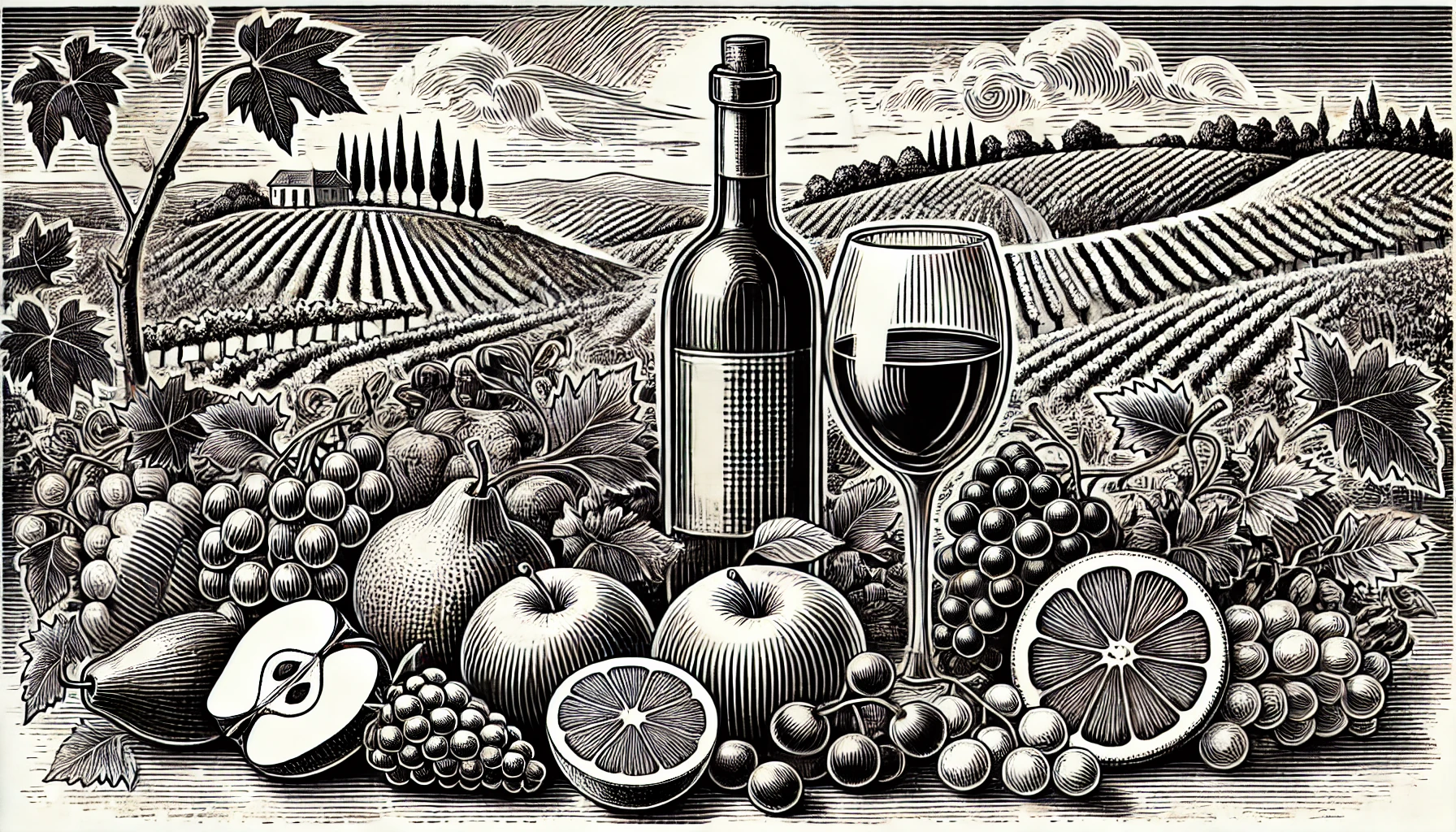
Quercetin is a type of flavonoid, a class of plant compounds known for their antioxidant properties. It is commonly found in a variety of fruits, vegetables, and grains, with especially high concentrations in apples, onions, berries, citrus fruits, and red wine. Quercetin plays an essential role in protecting plants from environmental stressors such as UV radiation and pathogens, and its antioxidant benefits extend to human health as well.
As an antioxidant, quercetin helps neutralize free radicals in the body, which are unstable molecules that can damage cells and contribute to aging and the development of chronic diseases. Studies suggest that quercetin may offer several health benefits, including reducing inflammation, lowering blood pressure, and improving cardiovascular health. Its anti-inflammatory properties are particularly noteworthy, as they can help manage conditions like arthritis and certain autoimmune disorders.
In Red Wine
In red wine, quercetin is one of the many polyphenols that contribute to the wine’s potential health benefits. The compound is primarily found in the skins of grapes, which are used in the fermentation process for red wine. This is why red wine is considered a more potent source of quercetin compared to white wine, where the grape skins are removed early in the production process.
Quercetin’s potential to lower the risk of heart disease has made it a subject of interest in the study of the French Paradox, where moderate red wine consumption is linked to better heart health despite a diet rich in saturated fats. By reducing inflammation and preventing the oxidation of LDL (bad) cholesterol, quercetin may help protect against atherosclerosis, a condition that can lead to heart attacks and strokes.
While quercetin can be obtained through dietary sources like fruits, vegetables, and wine, it is also available in supplement form. However, as with many nutrients, getting quercetin from whole foods is considered the best way to maximize its benefits.
Neugierig auf weitere Weintermini und spannende Einblicke? Besuchen Sie unseren Wine Wiki Bereich und entdecken Sie grundlegende Weinbegriffe sowie Expertentipps!